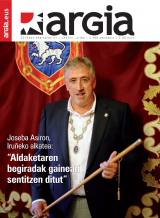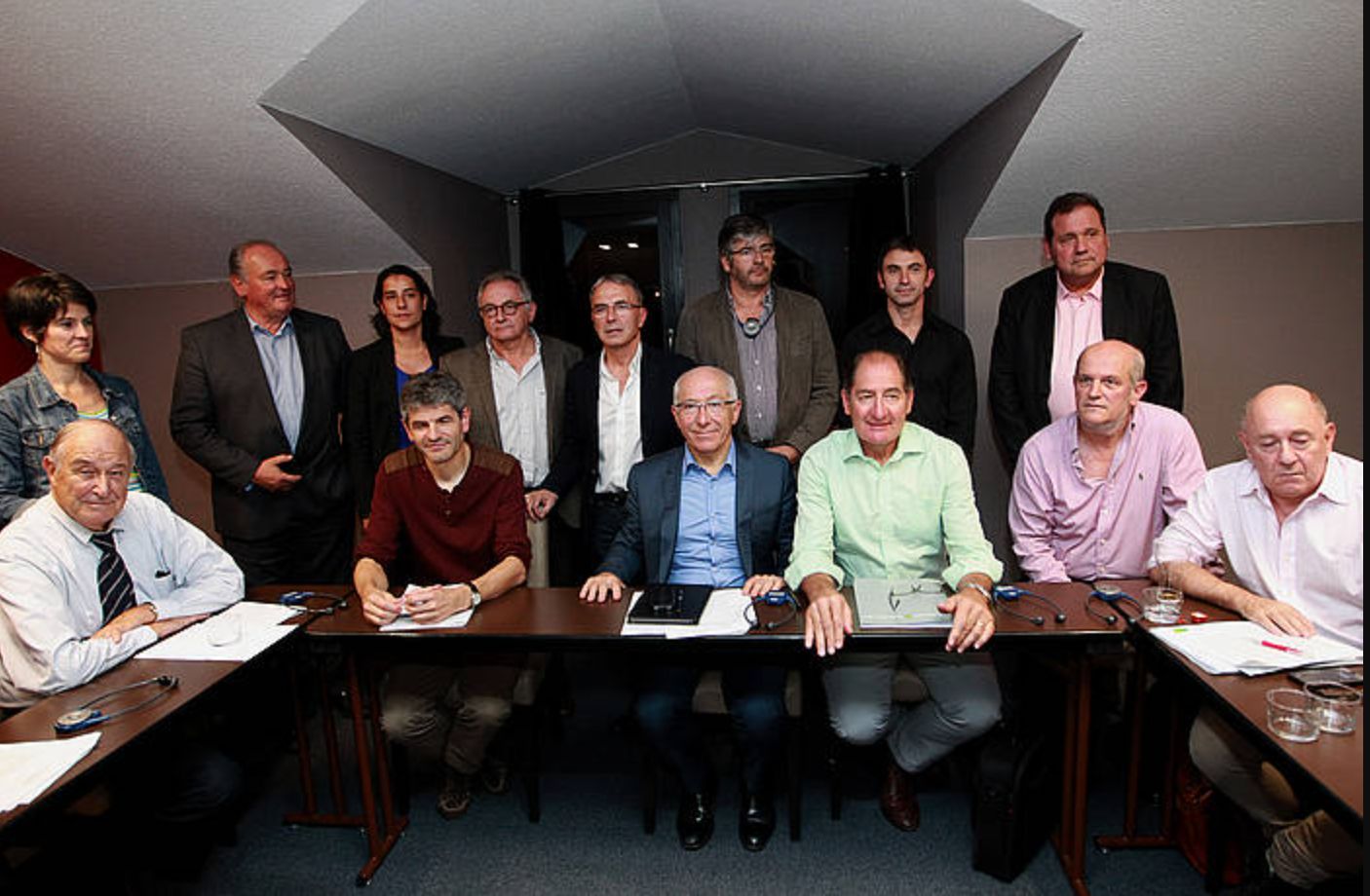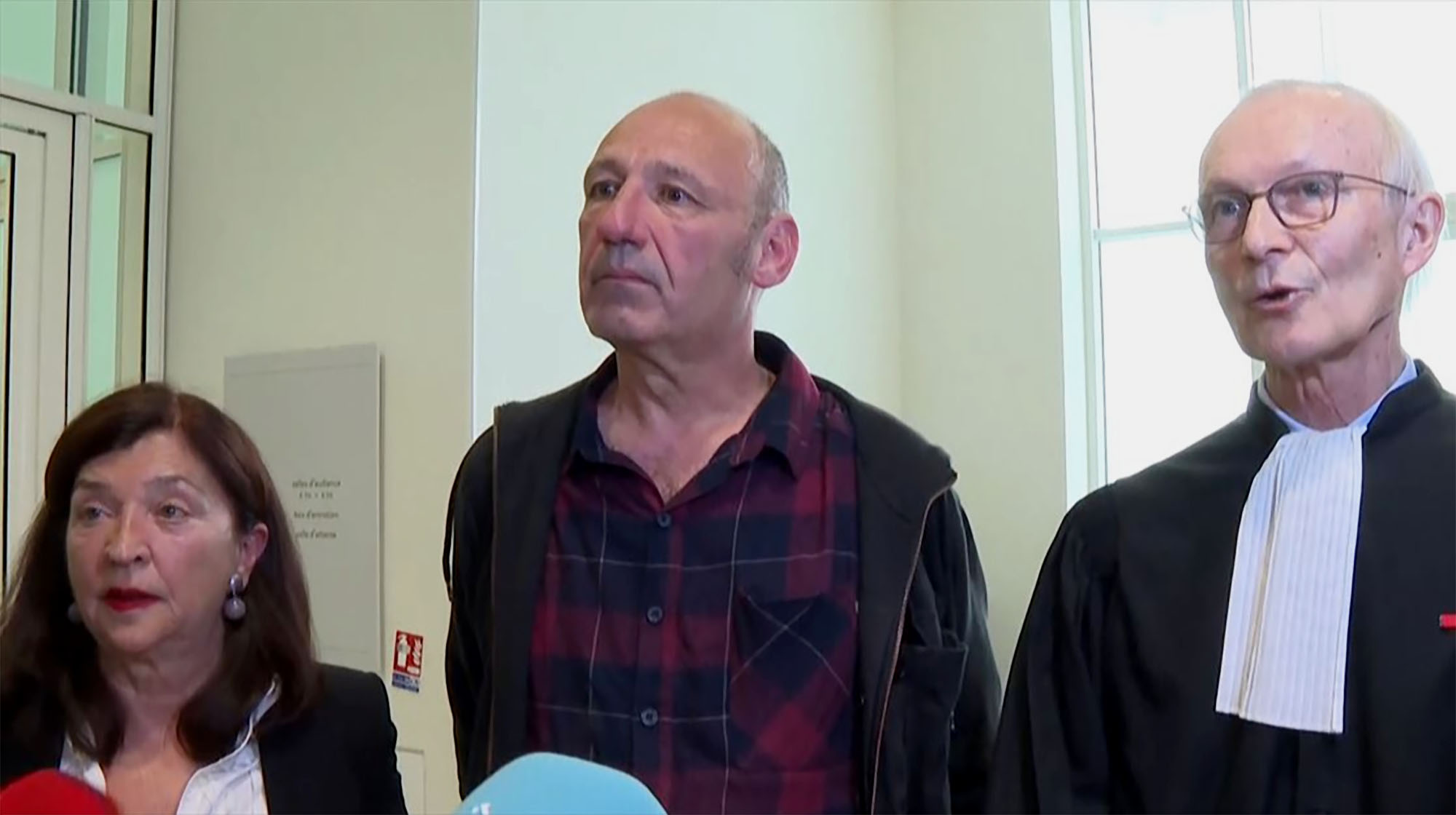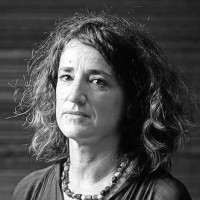Empower society also in peacemaking
The Paris Peace Conference met almost the entire French political arena, as well as a broad representation of human rights and international mediation. Spain, France and ETA were called upon to take steps in the field of disarmament, victims and prisoners.
The event held at the French National Assembly was seen as a humanitarian event, but it was held in the most political area of France and it is to be assumed that there will be a more tender place in Paris to host such events. But there the request was made to the governments of Spain and France, to the main political authorities of the daily activities of both states.
It is to be assumed that in the peace process of Euskal Herria it was called humanitarian because no political content can be negotiated, in order to facilitate the diplomatic path to possible future talks, but what Basque society needs is a peace process that goes far beyond the humanitarian. The other thing is that the first thing you have to do is channel people's suffering. Because that is human, and because that can make it possible to talk in depth about the political problem, because at the end of the day the wheel of this conflict has been moved by a political engine.
There is little doubt that the ETA phenomenon is political, and this does not justify or legitimize its armed activity, but it does place it. Once I admit this, another thing is in which coordinates that political character stands in 2015 and what that means for each of them.
That is where the dialogue is beginning, which is not yet taking place in depth in Basque society, in the institutions, among the political players, or among the citizens. And the basic coordinates appear to be the following: ETA has left the armed struggle unilaterally, the consequences of this conflict have to be resolved and Basque society needs a leading role in resolving the problem it has suffered.
When we talk about conclusions, we refer above all to the area of victims and prisoners, but the peace process cannot be confined to that, because talking about the past and memory is essential, both to lay the foundations for current coexistence and for situations such as this to not be repeated in the future. If this dialogue is sincere, we must talk about concrete situations that transcend suffering and affect people, but also about the story of the conflict, violence, legitimacy, terrorism, rights, the rule of law, the Basque Country, Spain, France…
All of them have been present in the history of the Basque Country half a century ago and can be preserved or made manifest. There's no question that it's what's tertiary best to understand as a society, to go to the surface and talk.
In Spain it is not yet clear, but Basque society, when asked, is clear: all this must be done through dialogue. What happens is that the main actors who have to dialogue don't want or don't guess.
So what's the most important thing to unlock the dialogue? Are we constantly looking at what Madrid, now the PP, then…, or ETA, is going to do, or are the Basque institutions taking a leading role and channeling the peace process?
Some knots will only be released in the framework of a warm dialogue, not by making society silent and hidden, nor by leading society to false forgetfulness. Society must be given prominence and, above all, it is the work of the Basque institutions. The environment created after the municipal and foral elections has left the situation to do better than in 2011. The opportunity should be seized.
In the world of Basque political prisoners, for example, the debate is coming to light. As for the concept of amnesty, what character prisoners have in this conflict, how to release them, what role society has to play ... This is reflected in several of the letters that have been published in recent weeks. The most constructive contribution that can be made from all points of view is to place this debate in the peace process and to support it. And so is the rest of the peace process. Emerge, facilitate, support and socialize. Here's the way.
























